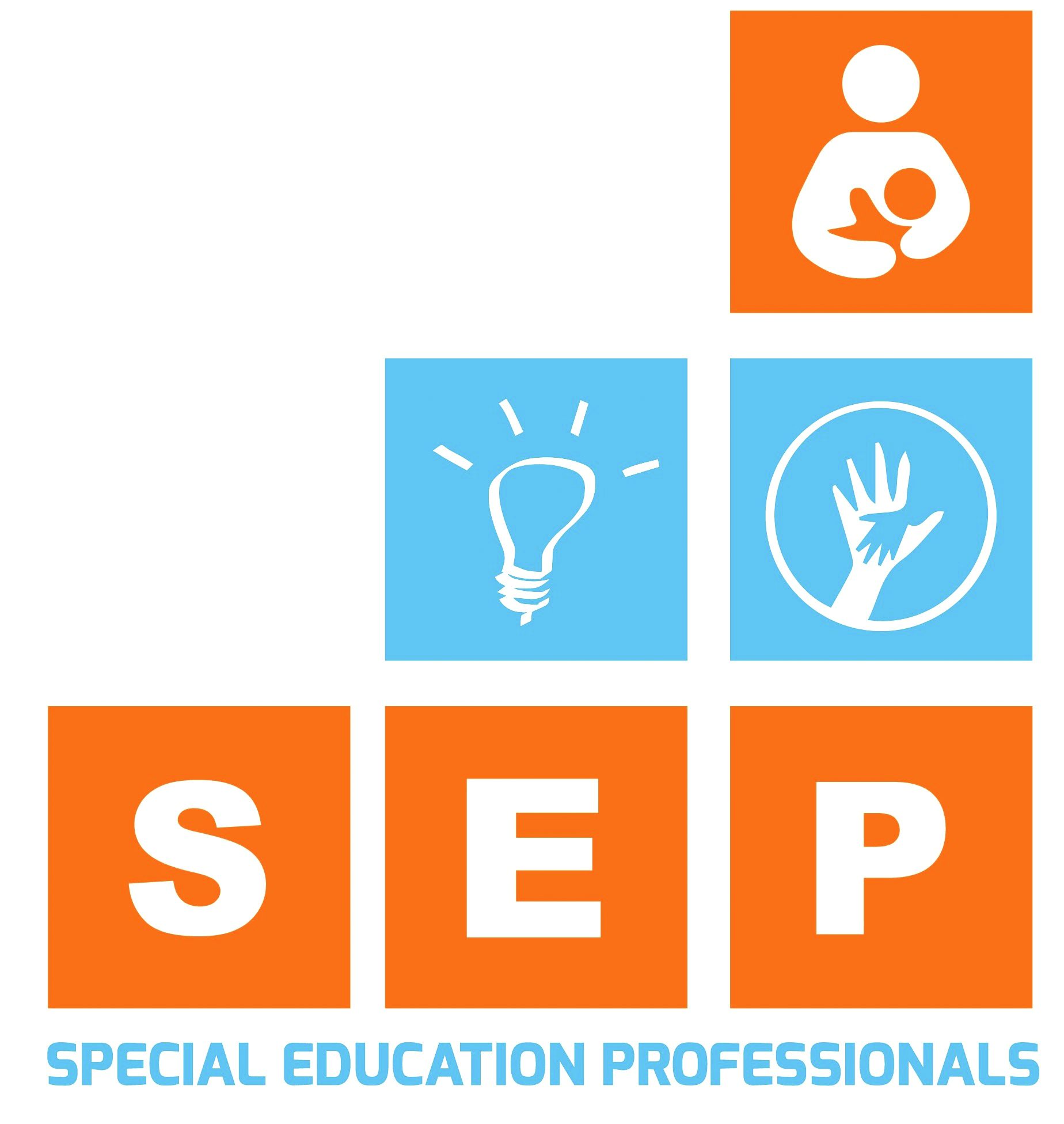SEP designs and produces toys with a vision for stimulation of fine motor, cognitive, sensory and daily life skills. SEP creates toys that are attractive to the senses, educational, child friendly, safe, hygienic and locally manufactured. Furthermore, each toy can be adapted to the specific needs of the children we work with such as low vision, coordination problems or cognitive challenges, amongst others, based on the level of their abilities and skills. When interesting toys are used, children are attracted, motivated and stimulated to reach, touch, interact, and learn.
SEP engages parents, caregivers, therapists, and teachers in toy-making workshops. They learn to play with their children and discover its value. They see how it brings a smile to their child’s face, discover the excitement in their child and realise the power of play. They learn to make toys out of recycled, colourful items that are readily available and affordable, and take them home. The workshop inspires them to be creative and explore the use of different materials to play with. The mutual joy and shared communication that parents and children can experience during play help to build better relationships. That is the feedback SEP receives during monitoring visits.
Therapists and teachers often have a limited budget to buy toys in their centres and schools they are working in. In the SEP workshop they learn to recycle objects into attractive toys to motivate the children in learning processes and to adapt them to the individual needs of the children with disability. Children are more stimulated during therapy and work towards reaching developmental goals. Appealing learning materials make the learners attentive to the lesson, and time spent in school is more valued.
Why Play is important
Play is one of the most natural and important phases in the development of children. The child is so to speak born ‘programmed’ to play. Play can be defined as any activity that a child chooses to do and has fun whilst doing. Research has shown that playing acts as a great motivation to learning. Playing helps the brain to develop and specialize each of its functions. Through playing, constructing, manipulating, exploring, etc., children are able to use their senses to explore and learn, and to develop gross and fine movements, language and communication, and social and cognitive skills. Creative play and fantasy play furthermore provide a great support for the child to express him/herself. Simultaneously, playing is also a great way to channel the child’s overflow of energy.
SEP has observed the lack of toys and more specifically the lack of adapted toys during project and home visits. Children who need special attention are often ignored or restricted to an unexciting environment without toys to play with and face limitations due to their various disabilities. They are often idle and bored. Toys that are available or are donated are usually fluffy toys or comfort dolls which with time pose health risks as it is hard to keep them clean. Lack of play which helps with brain stimulation can lead to developmental delays. To summarize, every child needs to play!
